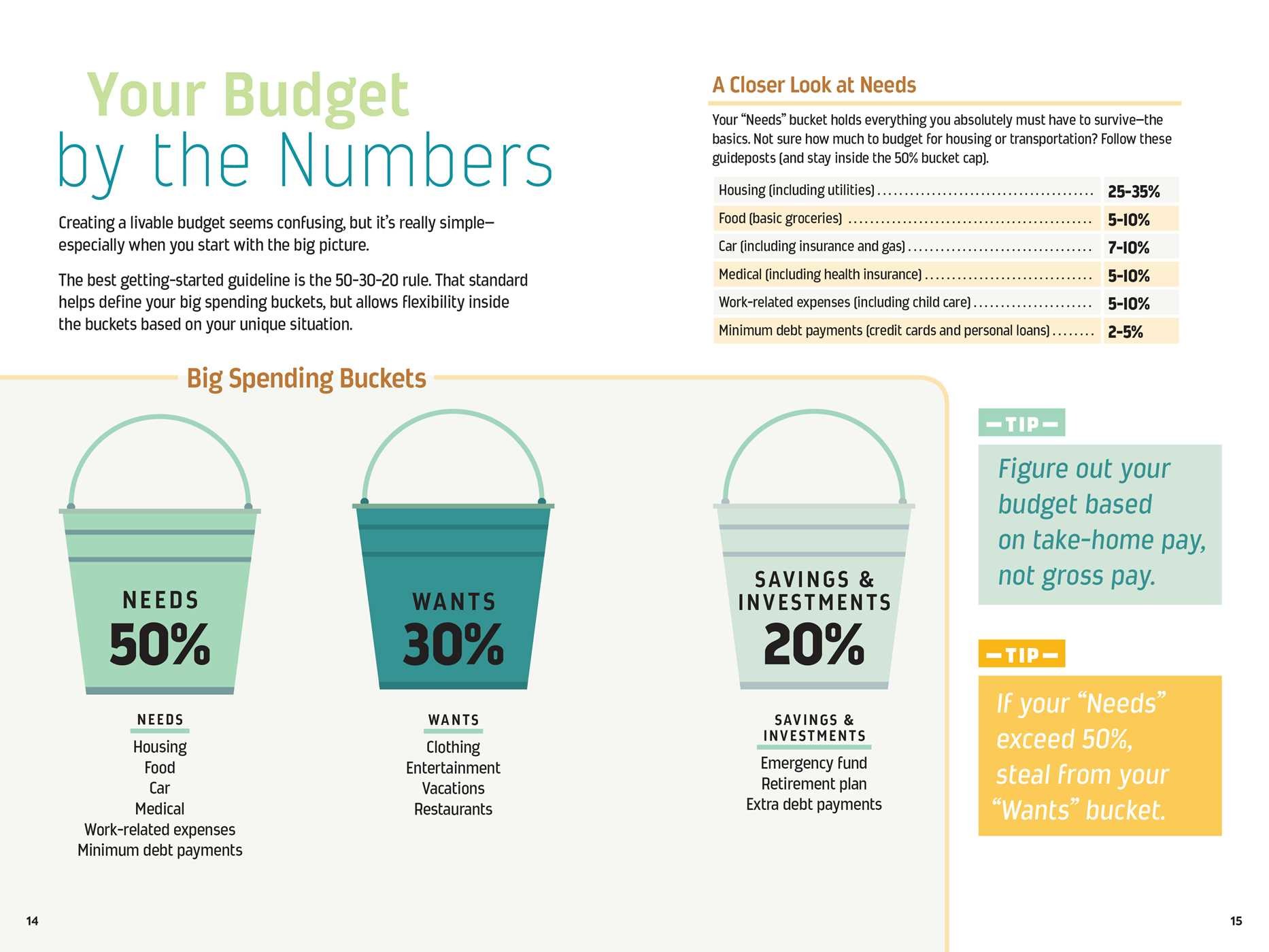How To Get The Surety Bonds?
How To Get The Surety Bonds?
Blog Article
Authored by-Allison Mogensen
A surety bond is a kind of insurance policy that safeguards the people that need it. They can be used for various things, such as company licenses and also building projects.
When a contractor or firm requires to obtain a bond, they must submit a fast type application and information concerning the job and its needs. The experts at the guaranty company will after that evaluate the information to see if they think the applicant is worthy of the bond.
Construction Bonds
Building bonds are made use of when a task proprietor desires financial security throughout a building procedure. These bonds secure the project owner (likewise known as the obligee) from shedding cash if a specialist does not complete the work in the manner in which it was agreed upon.
turkish bonds of building and construction bonds are quote, performance as well as repayment. Bid bonds assure the contractor will recognize their original quote amount when they enter into the contract.
These bonds additionally make certain that vendors, subcontractors and also laborers are spent for their solutions. If a professional stops working to pay these events, they can file a claim against their surety bond to recoup the money that is owed.
Specialist Bonds
Professional Bonds are among the most crucial types of surety bonds. They are used to safeguard customers, specialists, and investors from losses on building projects.
They make certain that tasks are completed on time as well as within budget plan, while minimizing the threat of expensive delays and also price overruns. They likewise enable the task owner to recoup problems if they incur monetary loss due to service provider mistakes or oversight.
A guaranty firm provides a surety bond to the obligee (the project proprietor). If the specialist fails to do its responsibilities under the agreement, the surety business will certainly discover an additional service provider to complete the work as well as make up the proprietor for the economic losses incurred.
Court Bonds
Court Bonds are made use of in a variety of court procedures to protect one party from possible loss as a result of the outcome of the proceeding. They can include charm bonds, lis pendens bonds, injunction bonds, price sureties, manager bonds as well as even more.
guarantee bond in construction of court bonds are judicial bonds and fiduciary bonds. Judicial bonds guarantee that a person will pay the judgment quantity that a court honors in a certain case, while fiduciary bonds guarantee faithful and honest performance of tasks by an individual selected to look after or take care of one more person's home or assets.
Court bonds are also called for to guarantee that a sheriff or marshal will certainly not seize or get rid of property from a defendant's house without initial submitting an add-on bond in lieu of a judgment. They likewise ensure that a complainant will be paid damages in the event of an add-on being filed against them.
Probate Bonds
Probate Bonds are made use of by executors as well as managers to make certain that estate properties will certainly be appropriately dispersed as well as managed in accordance with the regulation. They also shield beneficiaries from any type of financial loss they may have maintained as a result of the executor's actions.
The personal agent of an estate is frequently required to purchase a probate bond before being assigned by the court as the administrator or manager. Highly recommended Online site is a legit cost that the fiduciary can reimburse himself making use of estate funds as soon as the probate procedure is finished and also the estate closed.
Proposal Bond Efficiency Bonds
Bid Bonds are used on building jobs to secure job proprietors from losing money if a service provider stops working to meet the regards to their bid and contract. These bonds are needed for federal and state tasks, and numerous exclusive ones too.
They work in conjunction with efficiency and repayment bonds as well as aid stop liens that can affect a project owner. They are especially usual on government-funded jobs of $100,000 or more.
